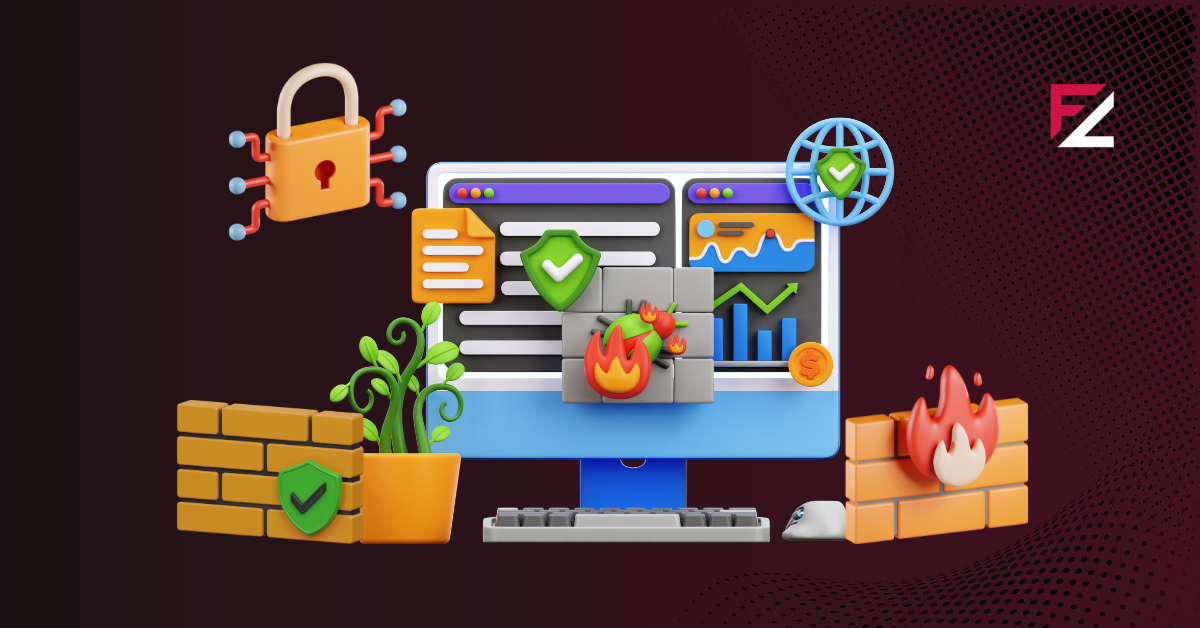
In today’s digital landscape, your website is more than just a virtual storefront; it’s a treasure trove of valuable data, a communication hub, and a critical component of your brand identity. However, this interconnectedness also exposes it to a constant barrage of cyber threats. From data breaches and malware attacks to phishing scams and DDoS offensives, the cybersecurity landscape is ever-evolving, demanding proactive measures to safeguard your online fortress. This comprehensive guide empowers you to build an impenetrable fortress against the evolving threats of 2024. We’ll delve into the core principles of website security, explore cutting-edge solutions, and equip you with the knowledge to navigate the dynamic terrain of cybersecurity.
Understanding the Enemy: Website Vulnerabilities and Threats
Before erecting defenses, it’s crucial to understand the adversaries you face. Common website vulnerabilities include:
- Unpatched software: Outdated software harbors security holes that hackers can exploit.
- Weak passwords: Easily guessable passwords grant unauthorized access.
- Insecure plugins and themes: Third-party elements can introduce vulnerabilities.
- Cross-site scripting (XSS): Injects malicious code into your website.
- SQL injection: Steals sensitive data from your database.
These vulnerabilities pave the way for various cyber threats:
- Data breaches: Hackers steal sensitive information like customer data or financial records.
- Malware: Malicious software disrupts website functionality, steals data, or spams visitors.
- Ransomware: Encrypts your data, demanding a ransom for decryption.
- Phishing: Deceptive emails or websites lure users into revealing personal information.
- DDoS attacks: Overwhelm your website with traffic, rendering it inaccessible.
Fortifying Your Defenses: Best Practices for 2024
Now that you know the enemy, it’s time to build robust defenses:
- Embrace a proactive approach: Don’t wait for an attack; implement preventative measures.
- Stay updated: Regularly patch software, plugins, and themes to address vulnerabilities.
- Enforce strong passwords: Implement complex, unique passwords for all accounts and enforce multi-factor authentication (MFA).
- Choose wisely: Select secure plugins and themes with good reputations and regular updates.
- Secure your server: Use strong firewall configurations and keep your hosting environment secure.
- Encrypt your data: Implement SSL/TLS certificates to encrypt data in transit and at rest.
- Invest in a web application firewall (WAF): This filters malicious traffic before it reaches your website.
- Utilize security plugins: Consider reputable plugins that offer additional security features like malware scanning and login attempt monitoring.
- Regularly backup your data: Create regular backups to restore your website in case of an attack.
- Conduct security audits: Schedule regular penetration testing to identify and address vulnerabilities.
Emerging Trends and Advanced Solutions for Website Security in 2024
The cybersecurity landscape is constantly evolving. Here are some emerging trends and solutions to stay ahead of the curve:
- AI-powered security solutions: Leveraging artificial intelligence to identify and respond to threats in real-time.
- Blockchain for website security: Utilizing blockchain technology to create tamper-proof records and enhance data security.
- Focus on cloud security: As more websites move to the cloud, robust cloud security solutions become crucial.
- Zero Trust security model: This model assumes no inherent trust and verifies every user and device before granting access.
Compliance and Regulations: GDPR and CCPA
Data privacy regulations like GDPR (General Data Protection Regulation) and CCPA (California Consumer Privacy Act) mandate specific website security measures. Ensure your website complies with relevant regulations to avoid hefty fines and reputational damage.
Building a Culture of Security
Website security is not a one-time effort; it’s an ongoing process that requires commitment from everyone involved. Foster a culture of security by:
- Educating your team: Regularly train employees on cybersecurity best practices, phishing awareness, and password hygiene.
- Implementing security policies: Define clear security policies outlining acceptable use and access control procedures.
- Encouraging vigilance: Encourage employees to report suspicious activity and potential security breaches promptly.
By following these guidelines and staying informed about evolving threats, you can build an impenetrable fortress that protects your website, your data, and your brand reputation in the ever-changing digital landscape. Remember, cybersecurity is an investment, not an expense. The peace of mind and protection it offers are invaluable in today’s interconnected world.

